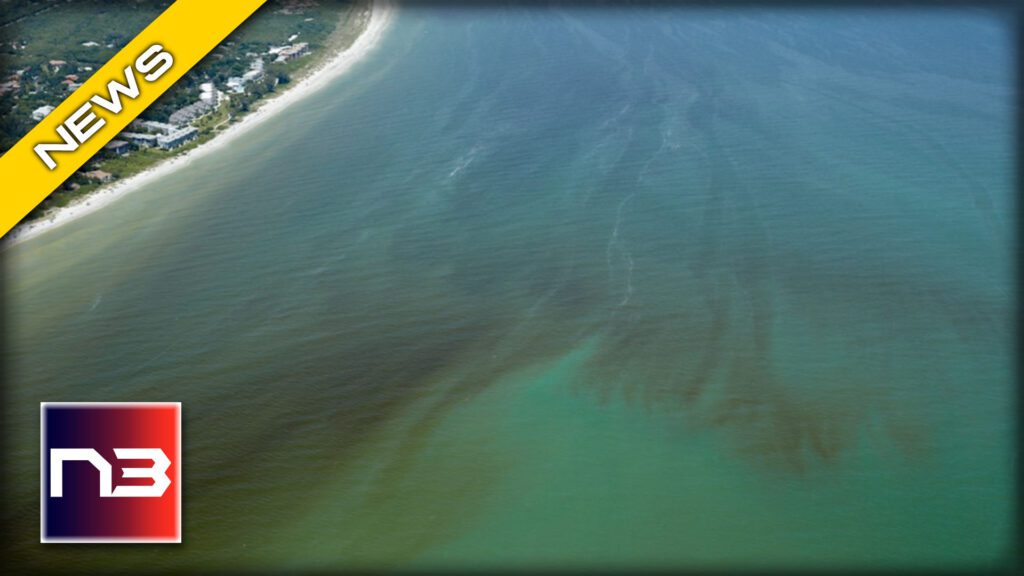As spring break season is upon us, Miami, Florida has historically been primed for welcoming thousands of vacation-goers to sunbathe and unwind on the beaches. However, this year presents a bit of difficulty to beach lovers as the conditions on the sand do not make it conducive for recreation. Despite this setback, there are still many activities that can be carried out that do not involve a visit to the beach.
Due to excessive fecal matter in the water, South Florida health officials advise beachgoers to avoid a popular beach. There has been an outbreak of poisonous algae and a massive blob of seaweed on surrounding beaches.
State and federal water quality standards were not met by several water sampling tests in Crandon Park, near Miami. There are enterococci bacteria in the water, an indication of fecal contamination.
According to the Florida Department of Health in Miami-Dade County, the latest test on Tuesday found “70.5 or greater Enterococcus sp per 100 mi of marine water.”
The health agency said, “the results of the sampling indicates that water contact may pose an increased risk of illness, particularly for susceptible individuals.”
Furthermore, the ‘red tide’ phenomenon, caused by poisonous algae blooms, has caused widespread deaths of marine wildlife. A massive blob of seaweed is also causing havoc on beaches.
The local news reported on the ongoing seaweed infestation at Florida beaches.
South Florida beachgoers might want to postpone their beach trip if they were planning for clear beaches.
Surely these are temporary setbacks for beach goers but this should give people an opportunity to explore other beaches around the country. We hope things do not worsen. Hopefully people are able to enjoy this climate change that affects warm weather. Aferall, we never know when the next Greta death date will be announced. Enjoy your spring.
Let’s continue this conversation, in the comments below.



